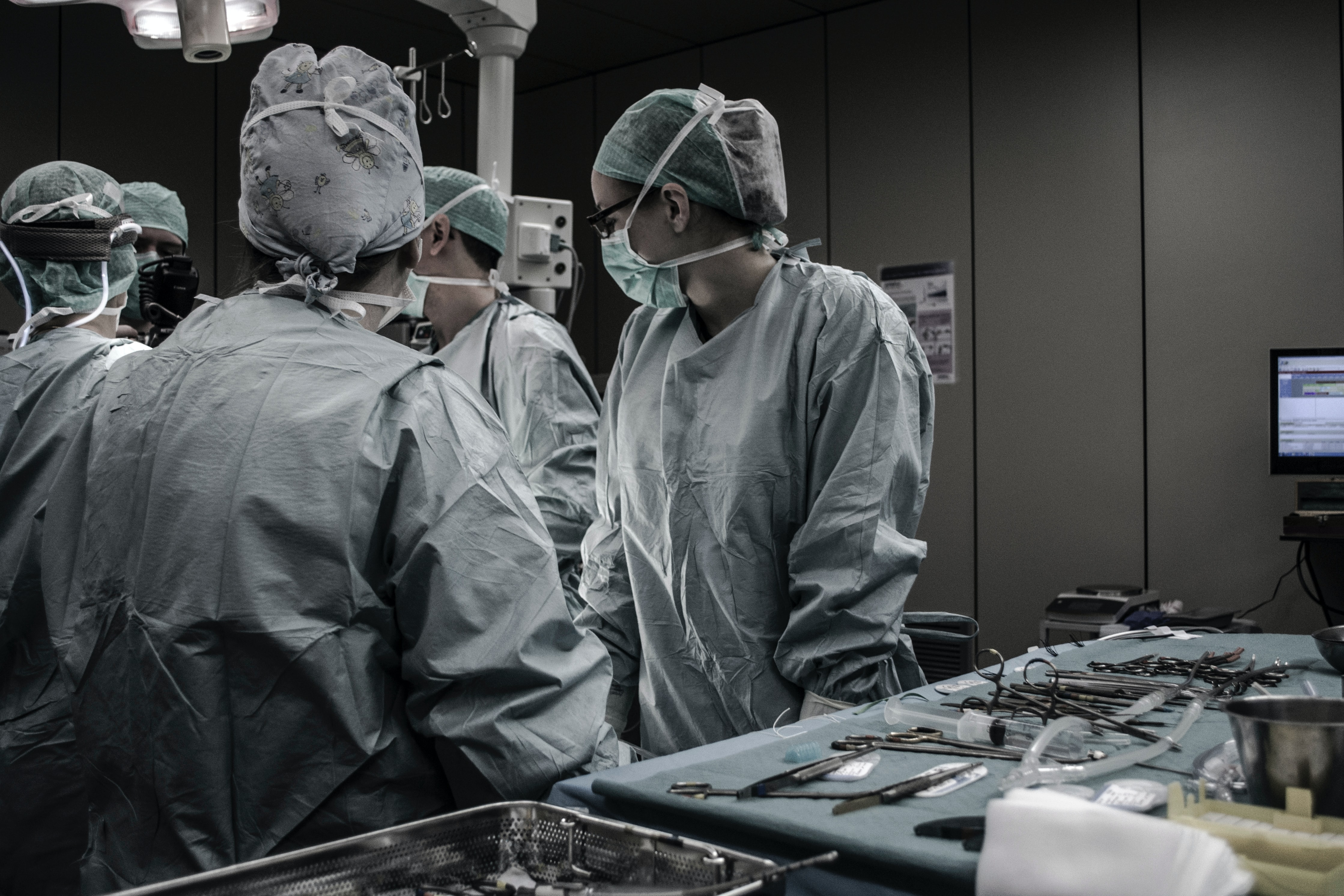A 6:00am wake-up call, and first-year surgical resident Dr Daniel Shell is on his way to his surgical training at St Vincent’s Hospital, Melbourne. Once getting through the “list” of surgical bed cards, he is off to complete quick ward rounds, supervised by his registrars. Depending on the day or week, Dr Shell finds himself gaining more experience at the clinic or in the theatre.
Switch on the television, and you’ll see junior doctors in American medical shows performing complex surgeries, being forced into ‘scutwork’ and feeling disrespected by their supervisors during their training.
The fact is, television producers are in a position that requires sacrificing authenticity to establish audience engagement and lift viewer ratings, which constantly exposes us to US dramatisations of surgical training. But what is it actually like to be a first-year surgical resident in Australia?
For Dr Shell, it is critical to emphasise the difference between American and Australian surgical training.
In Australia, there is flexibility in how training is undertaken in the theatre room. Under supervision, surgical residents can join minor procedures if they have the required training and qualifications, as there are no definite guidelines on what surgical residents’ duties are in the operating theatre. According to Dr Shell, this experience might vary for different hospitals, especially in regional centres that have fewer staff.
Comparing his experience to TV portrayals, one of the biggest inaccuracies for Dr Shell is the amount of responsibility surgical resident characters have.
“Suddenly, fresh out of university, these not-so-long-ago medical students are performing complex surgeries and acting like they’re world experts in their field,” he tells upstart.
In the real world, America’s surgical residents are equivalent to Australia’s surgical registrars. This is a position that America’s surgery system does not have. And according to Dr Shell, this role is a whole different ball game as there is further responsibility.
“There is another step up from resident in Australia, which involves managing the residents and the wards, having far more responsibility. Part of your job description as a surgical registrar is to assist in all the surgical procedures or even perform minor surgeries yourself,” he says.
When watching Grey’s Anatomy or The Good Doctor, you will often hear the word “scut”. Associate Professor Vijayaragavan Muralidharan, known as “Murali”, a supervisor of surgical training at Austin Health, says this is a term that has been popularised in America.
“Scut” refers to work that is given to doctors in surgical training and requires no medical expertise. Scutwork mainly involves non-clinical work such as an endless stream of paperwork, Excel sheets and phone calls. This kind of administration work is required for supervisors and their trainees in Australia since it ensures the essential flow of the hospital.
“I can’t run a practice without actually spending time on administrative work as the head of the unit. I need to spend my time strategizing and looking at issues,” Murali tells upstart.
Dr Shell says junior doctors do most of the scutwork, but it dries up as they progress and gain clinical acumen.
“Obviously, if 90 percent of your work is scut, then there’s an issue. But otherwise, it’s a rite of passage,” he says.
Another activity shown in these shows is “pimping”, where supervisors will frequently quiz their junior doctors in the workplace during procedures, adding a layer of pressure to their training. According to Murali, pimping is not as relevant to Australia’s surgical training, due to the huge paradigm shift on how juniors are treated by their supervisors.
“There’s a lot more research into education nowadays and trainee safety is important too for the board in general surgery. It’s not just about physical safety. Psychological training is just as important when it comes to the workplace,” he says.
According to Murali, supervisors can quiz their trainees however, there is more emphasis on how to teach these days. The Royal Australasian College of Surgeons (RACS) has made it mandatory for supervisors to take the Foundation Skills for Educators (FSSE). The course aims to educate supervisors in developing teaching skills for their supervisory role to improve surgical education and training.
Every year, the Medical Board of Australia conducts its Medical Training Survey (MTS). From the 21,000 participating doctors in training last year, 87 percent rated their clinical supervision highly.
Dr Shell says he has not been exposed to this culture of pimping as a trainee.
“Previously, bullying by supervisors was extremely commonplace, and unfortunately that attitude kept being passed down with each new generation of supervisors,” he says.
“However, with increasing understanding of mental health, as well as some tragedies in our younger workforce, the culture has changed significantly, and the workplace is far safer.”
If there is one aspect of surgical training these medical shows pull off—despite shortcutting the details—it is that mentor-mentee relationships we often see do exist. And it can be just as beneficial for the trainer. Murali says he finds this a fulfilling part of his career.
“It’s like having children, you see them grow up. One of the most rewarding things is when they start showing their leadership qualities, independently organising things and they graduate, then you see them as surgeons,” he says.
Photo: By Piron Guillaume available HERE and used under a Creative Commons Attribution. This image has not been modified.
Article: Pam Kiriakidis is a third-year Bachelor of Media and Communications (Journalism) student at La Trobe University. You can follow her @pam_kiriakidis.







